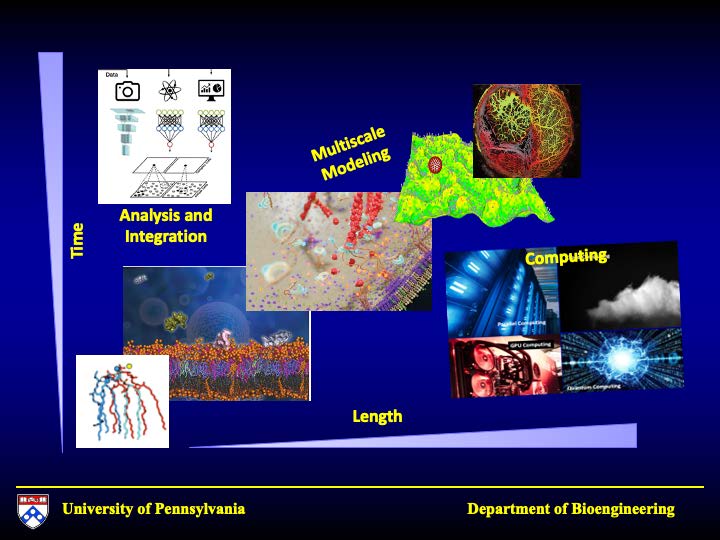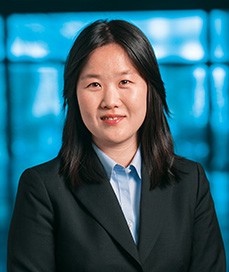
Ravi Radhakrishnan, Professor and Chair of the Department of Bioengineering and Professor in Chemical and Biomolecular Engineering, is among the many faculty who quickly adapted their courses to an online format in the wake of the COVID-19 pandemic. Now, a recent publication in the American Institute of Chemical Engineers (AIChE) Journal reflects one of these revamped courses. The course BE 559: “Multiscale Modeling of Chemical and Biological Systems” provides theoretical, conceptual, and hands-on modeling experience on three different length and time scales: (1) electronic structure (A, ps); (2) molecular mechanics (100A, ns); and (3) deterministic and stochastic approaches for microscale systems (um, sec). During the course, students gained hands-on experience in running codes on real applications together with the following theoretical formalisms: molecular dynamics, Monte Carlo, free energy methods, deterministic and stochastic modeling. The transition to the online format was greatly facilitated by a grant from the Extreme Science and Engineering Discovery Environment (XSEDE) which provided cloud and supercomputing resources to the students facilitating the computational laboratory experience. Radhakrishnan’s article, “A survey of multiscale modeling: Foundations, historical milestones, current status, and future prospects,” reviews the foundations, historical developments, and current paradigms in multiscale modeling (MSM).

Read the full article in the AIChE Journal: https://doi.org/10.1002/aic.17026
Funding source: National Institutes of Health, Grant/Award Number: CA227550




